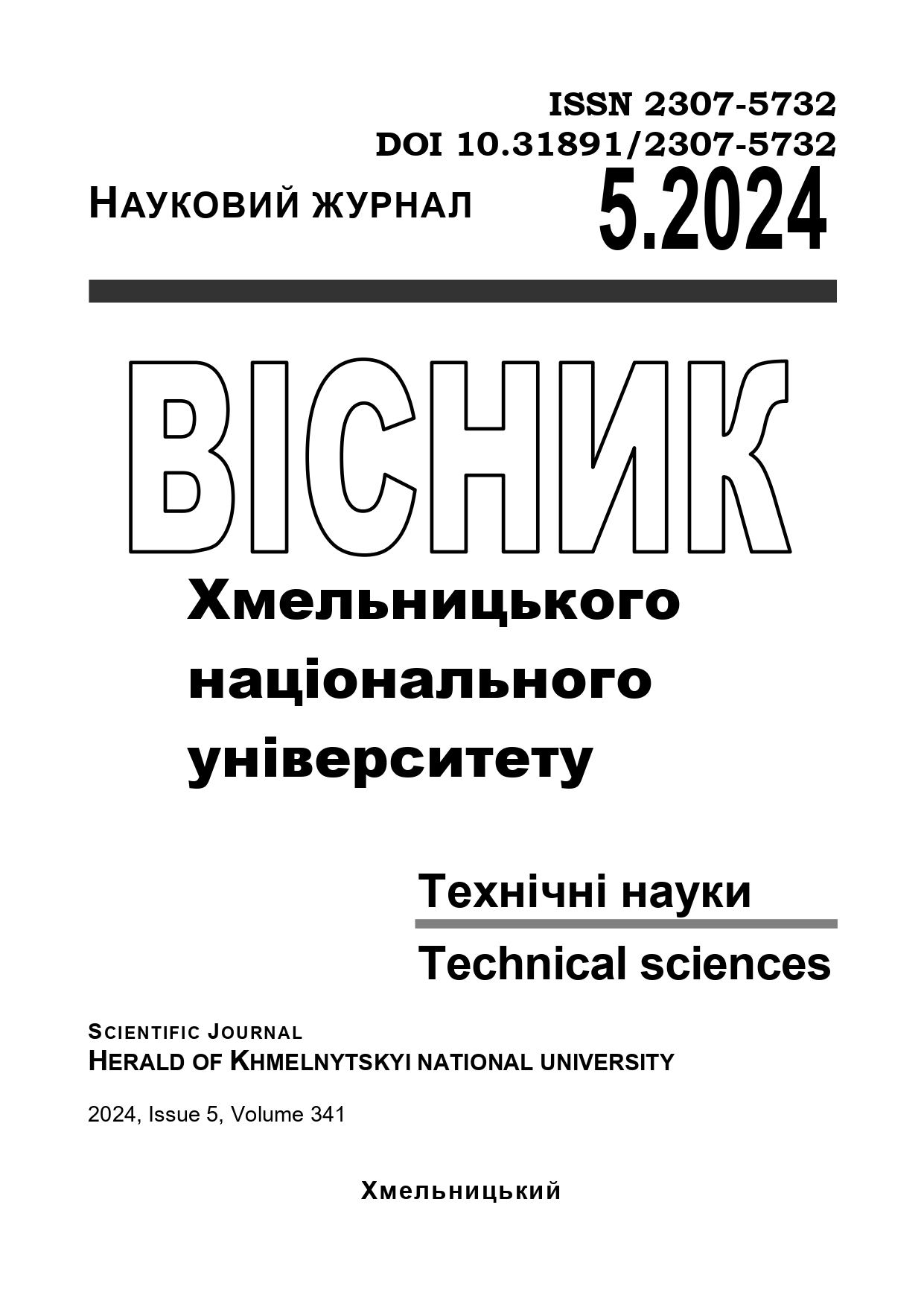FUNDAMENTAL DIFFERENCES BETWEEN ARTIFICIAL INTELLIGENCE AND MACHINE LEARNING
DOI:
https://doi.org/10.31891/2307-5732-2024-341-5-74Keywords:
artificial intelligence, machine learning, automation, forecasting, technological developmentAbstract
This article is dedicated to identifying the fundamental differences between artificial intelligence and machine learning. The aim of the research is to analyze, systematize, and improve the existing theoretical and methodological framework concerning the functioning of artificial intelligence and machine learning, as well as to define the distinctions between these systems. The article examines the current state and prospects for the development of artificial intelligence and machine learning as integral components of innovative technologies that facilitate the automation of complex processes and enhance efficiency across various fields. The research outlines the main stages in the development of artificial intelligence: weak artificial intelligence, which specializes in performing narrow tasks; strong artificial intelligence, aimed at achieving human cognitive capabilities; and superintelligence, which is expected to surpass human intelligence in many aspects. The study substantiates the role of machine learning as a key tool for implementing artificial intelligence, enabling the creation of systems that can self-learn and adapt to changing conditions without additional programming. The article provides examples of the application of artificial intelligence and machine learning in various sectors such as medicine, finance, cybersecurity, marketing, and transportation, where these technologies contribute to improving diagnostic processes, forecasting market fluctuations, and optimizing decision-making. In particular, the main advantages of machine learning are identified, including adaptability and the ability to make predictions based on large data sets, which enhances the effectiveness of analysis and decision-making in real time. The research into the development of artificial intelligence has revealed the technical and ethical challenges associated with creating strong artificial intelligence and superintelligence, which require the development of appropriate regulatory measures. The article emphasizes the significance of artificial intelligence and machine learning for modern society, their impact on various fields of economics, science, and technology, as well as the necessity for further research to ensure the safe and effective development of these technologies.

